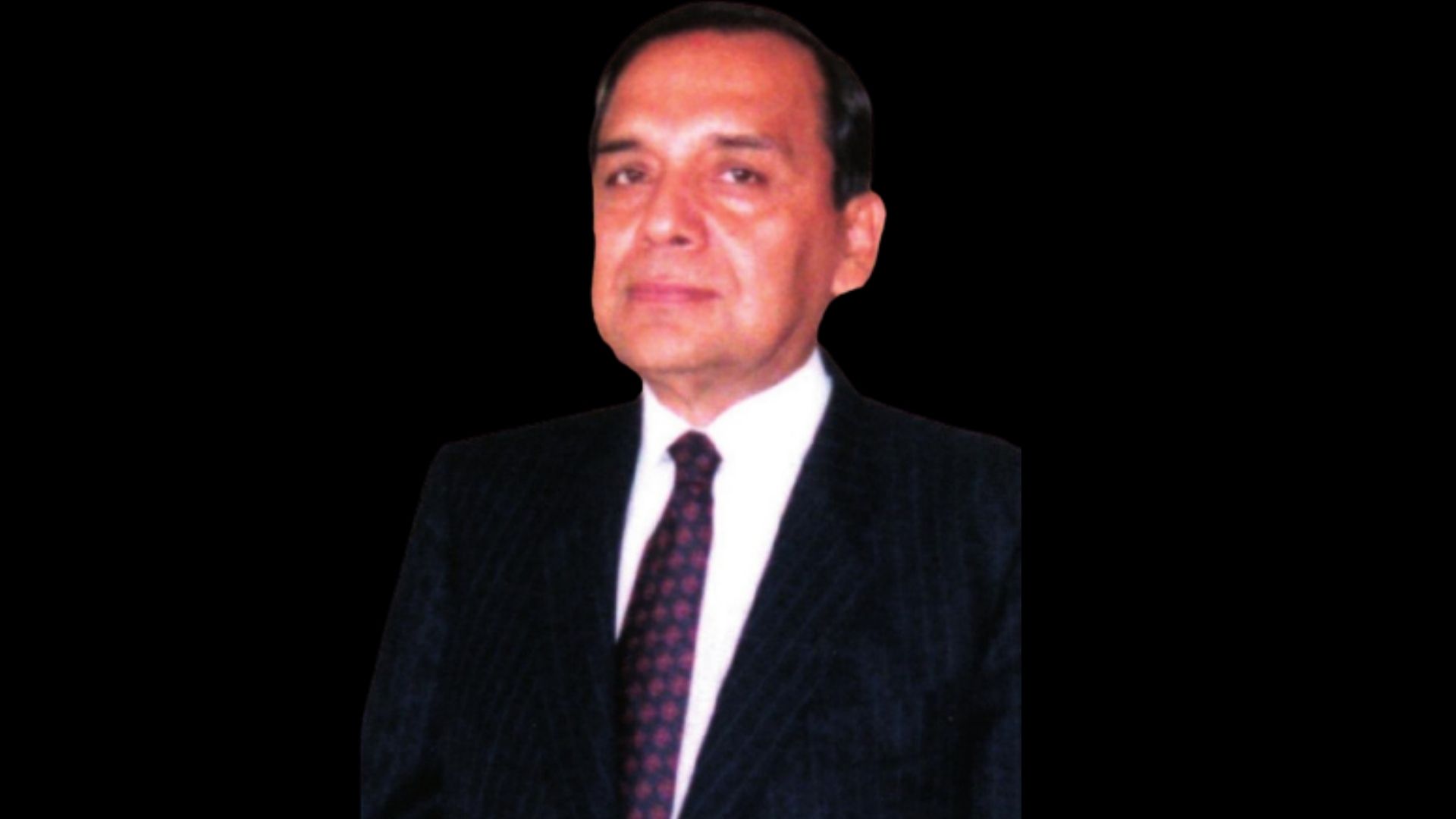
Dr. Yadav Prasad Pant: Life and Work
Economist Dr. Yadav Prasad Pant (1982–2064 BS) was Nepal’s first doctorate holder in economics. He earned a master’s and PhD in Economics from Banaras Hindu University, India, and later received the Vidyavachaspati (D.Litt.) in the same field.
He lost his mother in childhood and devoted himself to study and public service. His work touched academic, administrative, economic, financial, political, diplomatic, journalistic, literary, and spiritual fields. Looking at only one side of his life would miss the full picture.
Multidimensional career
After returning from Banaras, he began teaching at Tri-Chandra College in 2008 BS. In 2013 BS, he served as a member of Nepal’s first National Planning Commission. His administrative path advanced, and by 2018–2025 BS he served as Finance Secretary of the Government of Nepal.
In 2025 BS, he became Governor of Nepal Rastra Bank. He helped organize banking administration and supported Nepal’s image abroad. Over the years, he guided several high offices in Nepal and overseas.
His second public phase involved politics and diplomacy. In 2037 BS, he was nominated to the Rastriya Panchayat. In the 2043 BS election, he won with the highest public votes. He served as State Minister for Finance and General Administration, and later as Minister for Finance, Commerce and Supplies, and Water Resources. As Resident Ambassador to Japan, he worked to strengthen Nepal–Japan relations.
Personal outlook and spirituality
Family influence shaped his values. From his grandfather Pandit Taraprasad Pant and father Vishnuprasad Pant, he inherited a devotional outlook. His father-in-law, the writer Sardar Rudraraj Pandey, was also spiritually minded. At their Pyukha, Kathmandu home, devotees of Ramsnehibaba from Jabalpur visited often. Meeting Gopalbaba, a close disciple of Ramsnehibaba, left a strong mark on him. He sought to understand life through a blend of spiritual thought and daily work.
Journalism and literature
Journalism and literature grew alongside his main roles. His articles appeared in periodicals in Nepal and abroad. Records show that, under his leadership or involvement, periodicals—including some party organs—were also published.
Literary researcher Shiva Regmi notes that in 2010 BS he launched the monthly Janavikas, edited by Mrs. Rama Pant. As per the Printing Press and Publications Act of that time, it was registered at the Sadar Police Goswara under application no. 35. According to Gusmabahadur Devkota, it reached Year 1, Issue 12 and focused more on social, political, and economic topics than purely literary ones.
In “Kavishiroamani ko Aitihasik Rathyatra” (2062 BS), his essay “Rashtriya Hriday Samarpit Rathyatra” mentions that, while teaching economics at Tri-Chandra College, he also edited a weekly paper that covered literary, social, political, and economic subjects. He did not specify the paper’s name or dates, so this area still invites further study.
After the 2007 BS democratic movement, the Nepal Janasahitya Sangh was founded in 2011 BS under his presidency. Office bearers included Poshanprasad Pandey, R. K. Mishra, Govinda Prasad Lohani, Krishnachandra Singh Pradhan, and Shashikala. The organization published the Janasahitya bimonthly that year and issued three numbers. The editorial board included Mrs. Ramadevi, Pushkar Shamsher, Balkrishna Sama, Poshanprasad Pandey, Govinda Prasad Lohani, and Krishnachandra Singh Pradhan.
Senior writer and journalist Madanmani Dixit records that, when Manmohan Adhikari was General Secretary of the Communist Party of Nepal, a cultural periodical was published under Dr. Yadav Prasad’s patronage with Dhanush Chandra Gautam as editor.
During his tenure as Governor, he also supported literature. With his backing, the monthly Mirmire began publication from Nepal Rastra Bank in 2029 BS, as noted by Acharya Narayanprasad Timsina “Madhup” of the Devghat Spiritual and Vedic Service Council.
Writings and views on language
He often wrote critical and reflective essays, mainly on economics and current issues. A large, single literary volume in Nepali by him is not known, though he wrote many works in economics. With help from Aatmaritta Abhilekhan Sewa and Bharat Pokhrel, he prepared a draft of his autobiography.
When the Nepali Bhasha Prakashani Samiti, chaired by Pushkar Shamsher Jabara, published Nepali Gadya Sangraha Part Two in 2009 BS, it included his essay “Pujiparbad ki Samajbad” (Capitalism or Socialism).
His essay “Sahityama Pragatisilta” (Progressivism in Literature) appeared in Rashtrabhasha (2055 BS, Saun, Year 8). In “Kavishiroamani ko Aitihasik Rathyatra” (2062 BS), he wrote a memoir on the historic chariot procession of poet Lekhnath Paudyal, assessing its literary and historical significance. Naya Nepal Post (Year 32, Issue 8) carried another memoir in which he discussed the sources of his achievements.
In 2008 BS, while views were being collected on running education through the national language, he stated that education becomes simpler and faster when carried in the national language. He supported giving the national language a central role in education.
Community ties and support to culture
He maintained personal ties with most leading writers of his time. Senior writer Shyamdas Vaishnav notes his support for literary and cultural activities. Gatherings at his residence included Laxmi Prasad Devkota, Balkrishna Sama, and other writers. He contributed openly to the growth and organization of Nepali language and literature.
Conclusion
Dr. Pant’s name stands out in Nepal’s economic, political, and diplomatic history. He also stayed connected to journalism and literature, worked with many writers and institutions, and supported Nepali language and letters through action, mentorship, and organization. His efforts, even when not expressed through many books, helped sustain and advance literary and cultural life.


